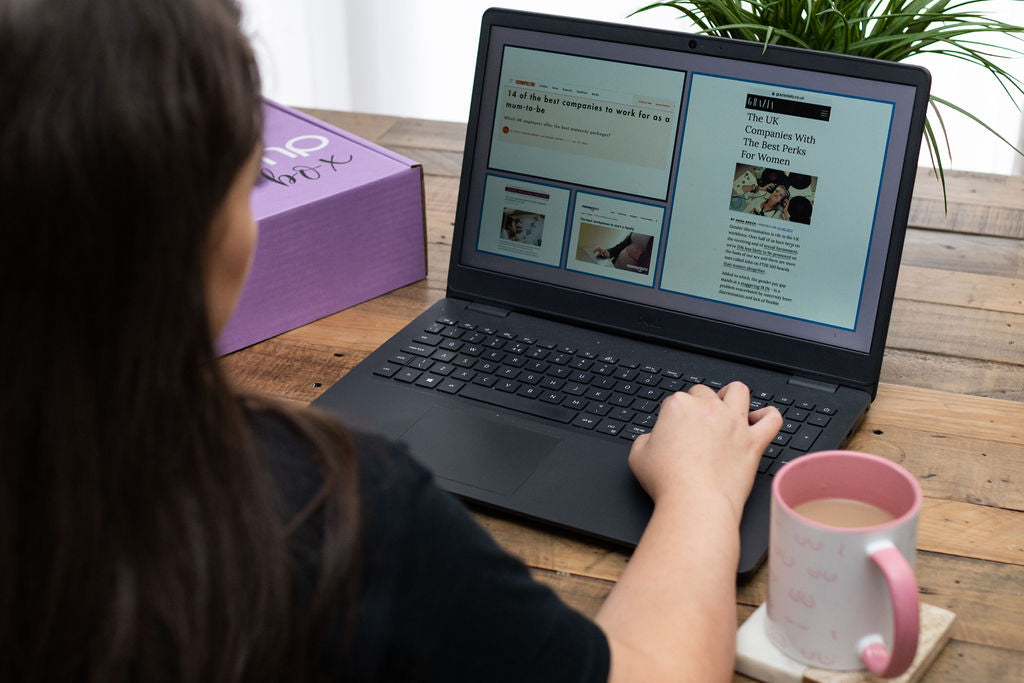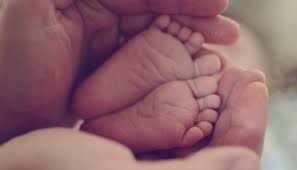Pregnancy Week by Week - Week 29-32

Month 7
Your baby is growing and growing, looking more like the baby you’ll soon be meeting every day. This added weight may present some physical challenges, but it means you are one day closer to meeting your bundle of joy.
Symptoms you’re already experiencing may worsen. Back ache is all but unavoidable at this stage, so it’s important now more than ever to rest and support your body as much as possible. Shortness of breath may also increase as you deal with the extra weight and pressure of your uterus. Leg cramps are common at this point, but exercising your legs and ankles can ease the strain.
If you haven’t already experienced any Braxton Hicks contractions, at 7 months you might start feeling a tightening in your belly. This is usually painless and should only last 20-30 seconds. If you have contractions that are hurting or coming at regular intervals, call your midwife immediately as this may indicate premature labour.
Women often suffer with constipation at this stage of pregnancy due to higher levels of progesterone and iron. Getting more fibre in your diet and drinking plenty of water can help alleviate this.
Development
Your baby’s skin is softening as they put on weight and they can now focus their eyes. Their sucking reflex is also kicking in, and if you’re lucky you may be able to see them sucking on their thumb at your ultrasound.
Keeping track of your baby’s movements is important to establish a normal pattern of activity. Every pregnancy is different so there’s no golden number of movements to look out for, just make sure they are maintaining a level of activity normal to them. You can buy a kicks count wristband or use tracking apps on your phone.
Your baby starts off this month at the same size as a pineapple. As you enter weeks 34 and 35, bump grows to a cantaloupe melon and honeydew melon.
Birth Plan
Now is a good time to start formulating your birth plan. There are a number of things to think about, so it’s best to do your research before making a decision. Some things to consider:
- Some women feel more comfortable at hospital with professionals always available, whereas some prefer to be at home. This may be out of your control, but it’s best to have an idea of what you want if you are given the choice.
- You may wish to hire a dedicated doula to guide you through your pregnancy and birth. Ask your midwife and other mums for recommendations.
- Pain relief. It’s important to have an idea of what kind of pain relief you do or do not want. Look into the medication your birth centre offers and ask them about your options.
- There are items available to keep you comfortable and help you through labour, such as mats and beanbags. Have a think about whether you want to use these and if so, ask your birth centre if you need to provide these yourself.
DO
- Babyproof your home. It’s never too early to babyproof your home, so get started as soon as you can.
- Keep your birthing partner in the loop. Let your partner know what you want so they can keep track of things when you can’t.
DON’T
- Trust the internet. While there are many great resources online, the only people who know what is best for you is yourself and your medical team. Ask your doctors and midwives about anything you’re unsure of.


